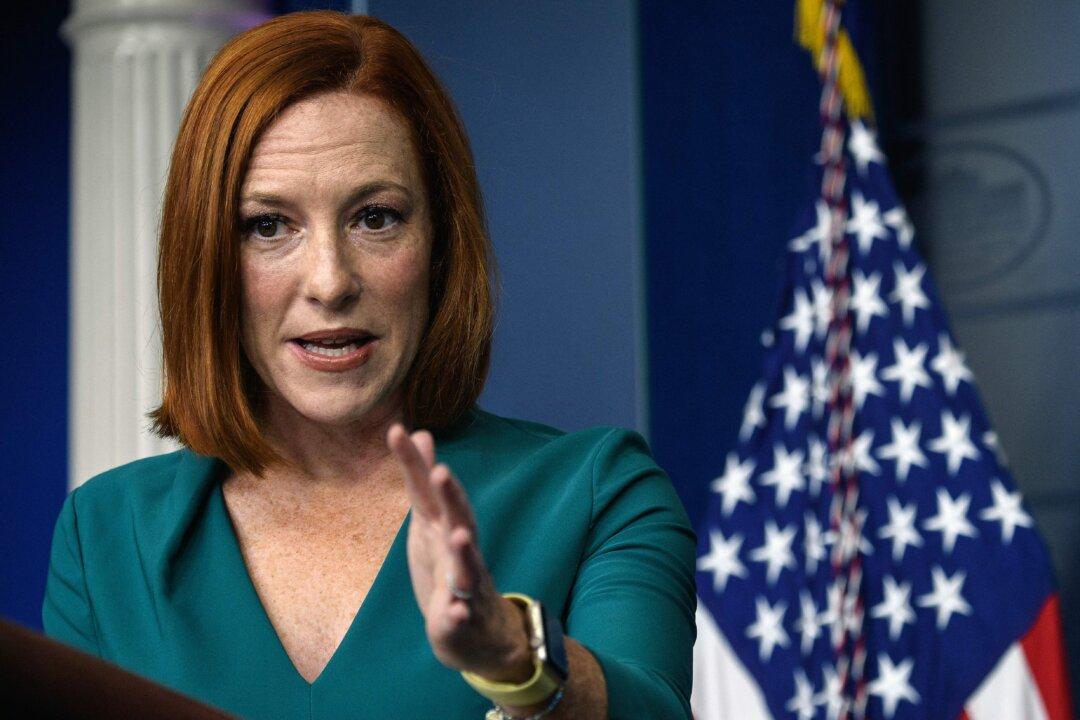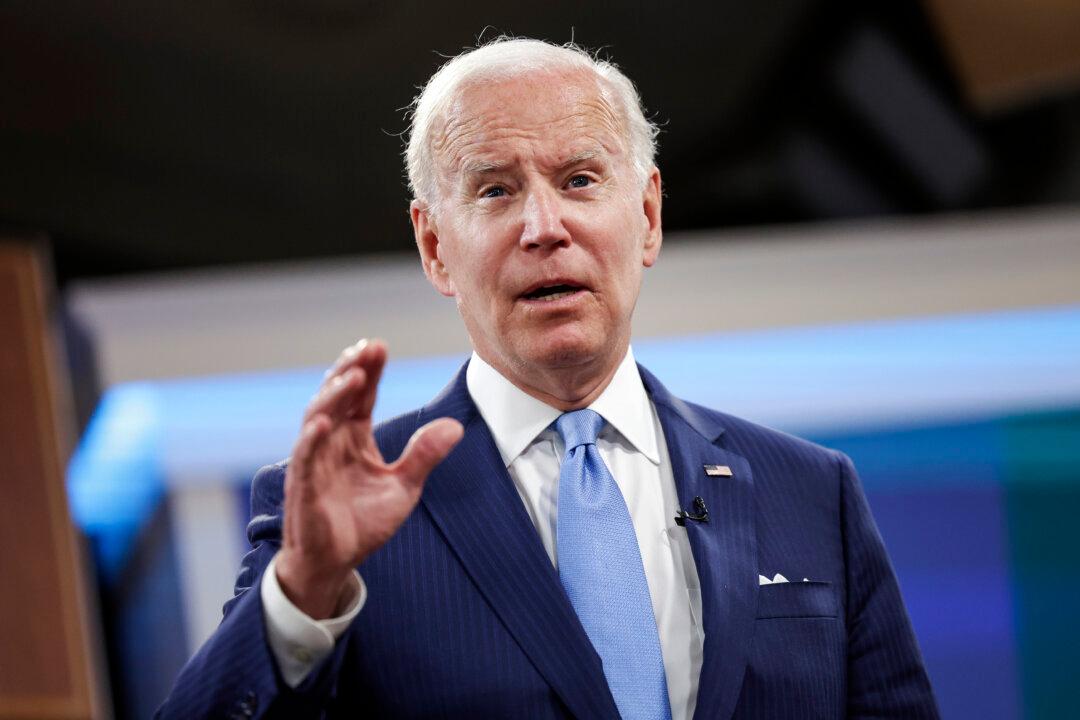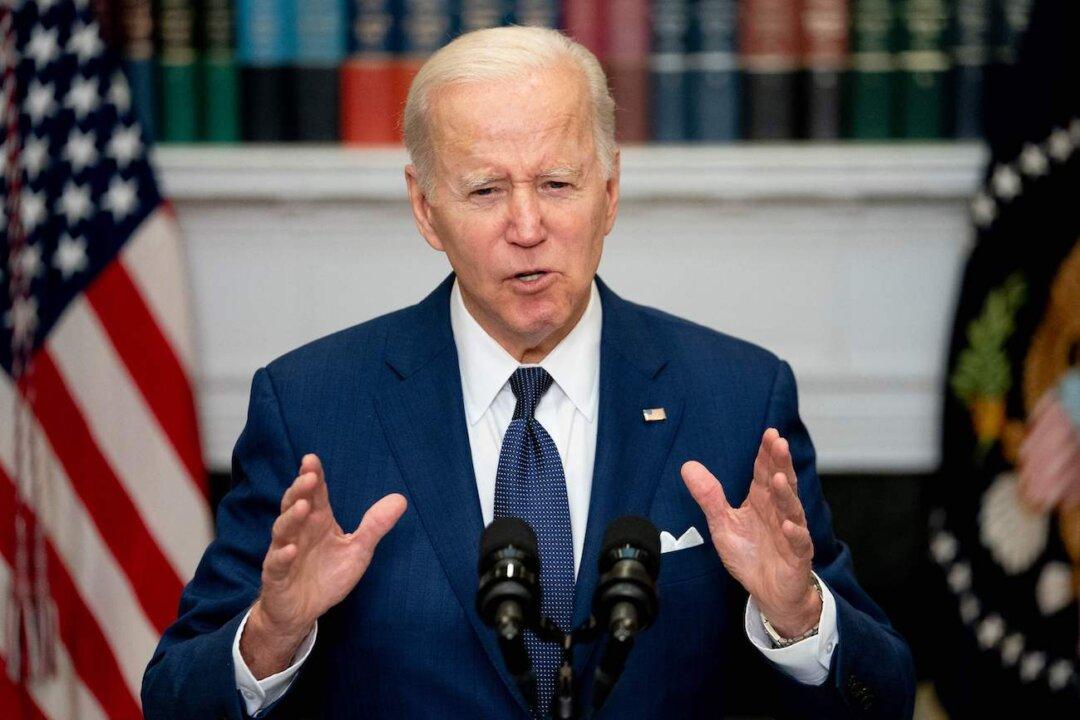The White House says recent actions taken by Republican governors, to oppose forthcoming federal COVID-19 vaccine mandates for private businesses, will be overridden.
President Joe Biden’s executive order, announced Sept. 9, is set to require all workers at private businesses with 100 employees or more to be vaccinated against the CCP virus, which causes the disease COVID-19, or show a weekly negative test.




